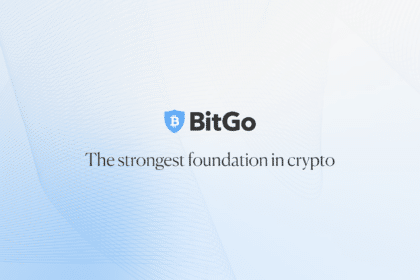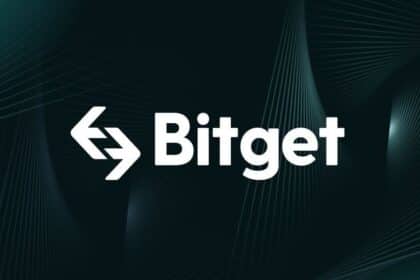The Solana ETF, along with other altcoin ETFs, is facing significant hurdles that could impede its approval and investor interest in the United States. Speaking to media outlet, Katalin Tischhauser, head of investment research at Sygnum Bank, highlighted two key reasons for these struggles. Despite some industry optimism, the road ahead for Solana appears daunting.
Solana ETF Faces SEC Hurdles
One of the primary challenges facing the approval of Solana is the stringent regulatory environment. Tischhauser emphasized that the lack of acceptable trading venues for market surveillance is a significant barrier. “The SEC requires regulated market venues to assess market integrity but currently views crypto exchanges as ‘unregulated securities exchanges,'” she explained. The SEC’s stringent oversight aims to prevent market abuse, fraud, and manipulation. The availability of CME futures for Bitcoin and Ethereum was a workaround that facilitated their approval as spot ETFs, but such provisions are not in place for Solana and other altcoins.
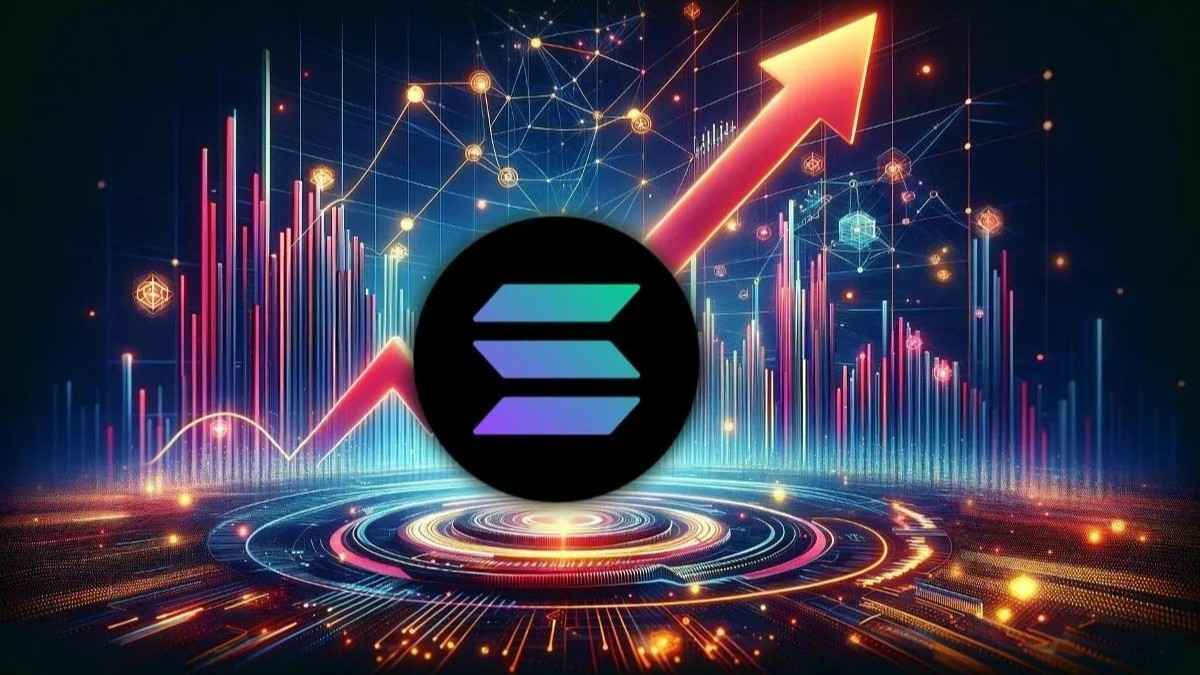
To further complicate matters, the SEC has not yet recognized major crypto exchanges like Coinbase as suitable for market surveillance. Until these exchanges are deemed acceptable, the path to approval for Solana ETFs remains blocked. The regulatory landscape needs significant changes to accommodate the unique nature of crypto assets, and until then, Solana ETFs might remain on the sidelines.
Solana ETF Demand Weak
Even if regulatory hurdles are overcome, the demand for Solana might not be robust. Tischhauser pointed out the relatively low name recognition of Solana compared to Bitcoin and Ethereum. “We do not think ETFs beyond Bitcoin and Ethereum would meet much demand. Ethereum’s name recognition is only half of Bitcoin’s, and other tokens (such as Solana) have minimal name recognition outside the crypto market,” she said. This lack of familiarity could deter investors who are more comfortable with established names in the crypto world.
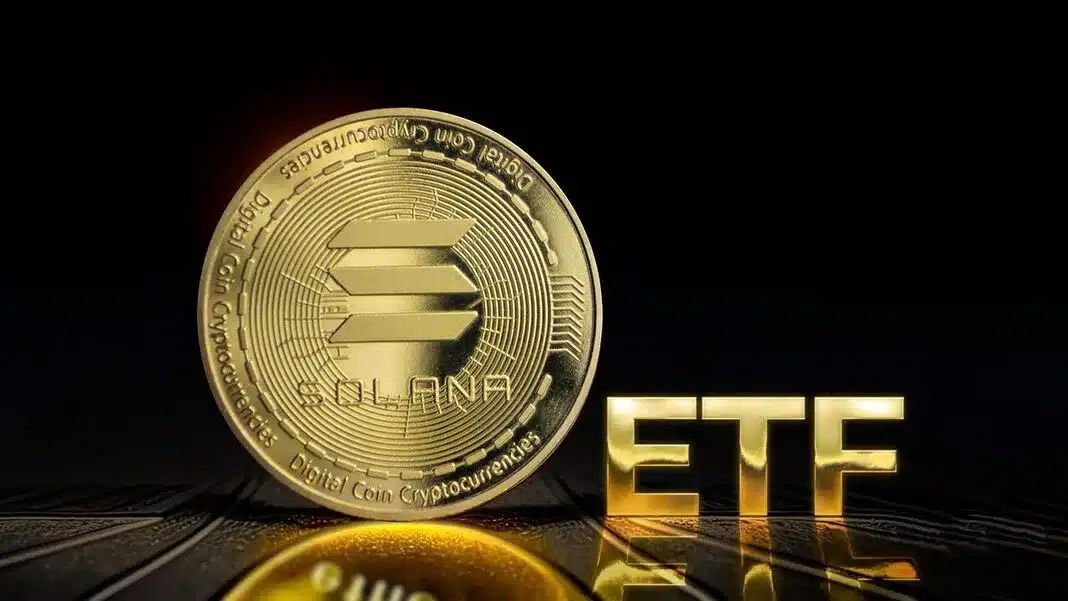
Historical data supports this concern. Spot Bitcoin ETFs, since their launch in January, have seen substantial inflows amounting to $17.7 billion, reflecting strong demand. In contrast, spot Ether ETFs experienced slower uptake, with initial outflows overshadowing inflows. This trend suggests that even recognized altcoins struggle to match Bitcoin’s popularity. The Grayscale Solana Trust (GSOL), for example, has significantly fewer assets under management compared to its Bitcoin and Ethereum counterparts, indicating limited interest in Solana-based investment products.
VanEck’s Bullish Stance on Solana
Despite these challenges, not everyone in the industry shares this pessimistic outlook. Matthew Sigel, VanEck’s head of digital assets research, offers a contrasting perspective. “We disagree with the notion that Bitcoin and Ethereum will be the only ETFs. The market in Europe already boasts a variety of crypto ETPs, including single coin and basket options,” Sigel stated in a recent interview. VanEck is actively pursuing the approval of a Solana ETF, having filed with the SEC in June.
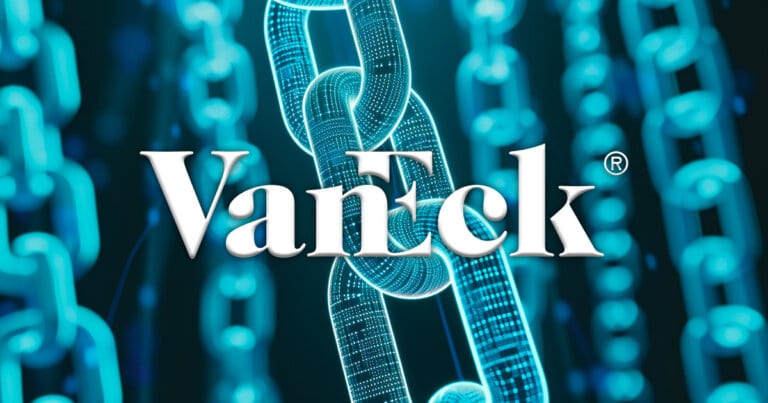
The European market’s experience with diverse crypto ETPs suggests that investor appetite might exist outside the US. However, replicating this success domestically hinges on overcoming regulatory barriers and increasing awareness and demand for altcoins like Solana.
Solana Uphill Battle Continues
In conclusion, the Solana ETF faces significant challenges in gaining approval and attracting investors in the US market. Regulatory obstacles, particularly the SEC’s stringent requirements for market surveillance, pose a major barrier. Furthermore, the demand for Solana-based ETFs remains uncertain, given the relatively low name recognition compared to Bitcoin and Ethereum. While some industry experts, like VanEck’s Matthew Sigel, remain optimistic about the potential for altcoin ETFs, the immediate future looks challenging.
For Solana ETFs to succeed, the regulatory framework needs to evolve, and investor education and interest must increase. Until these issues are addressed, Solana and other altcoin-based investment products may struggle to gain a foothold in the competitive US market. Keep following TheBITJournal for latest updates on Solana.




















